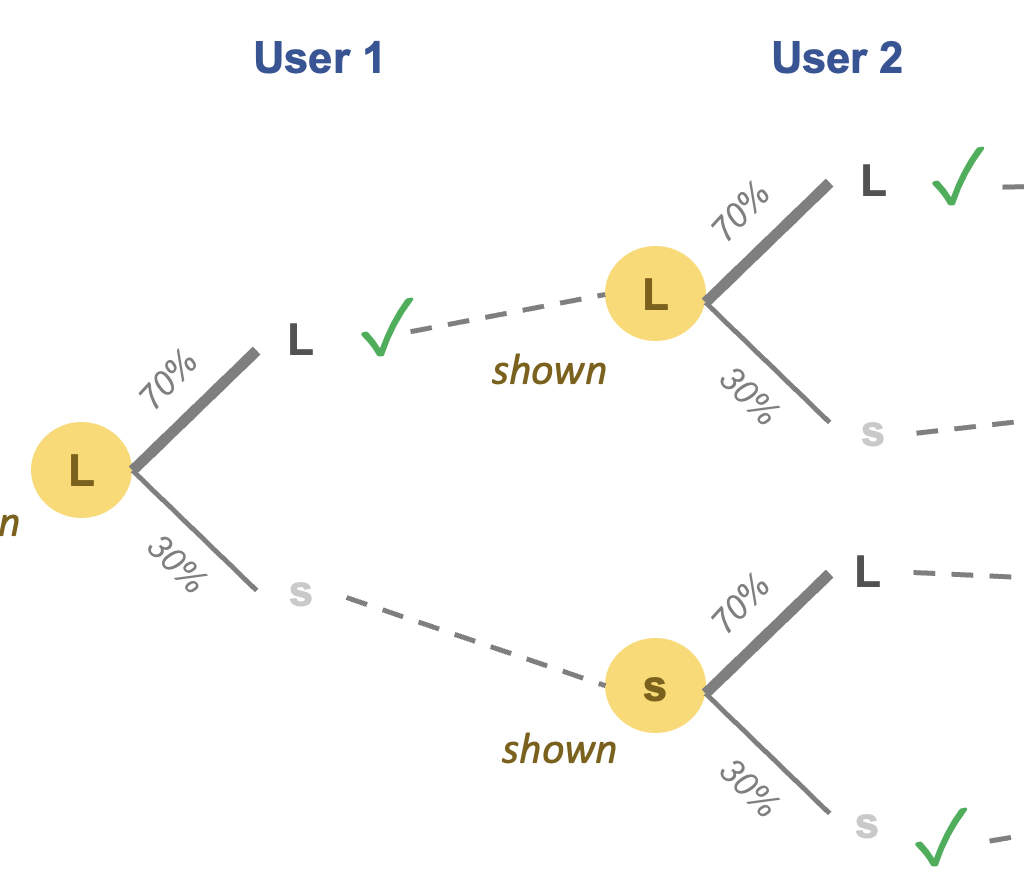A novel view of the placebo effect
This item in the latest RSS News caught my attention since I have written about the placebo effect (here, here).
Stephen [Senn] argued that the placebo effect is really an example of [regression to the mean]. Selecting only patients for a clinical trial on a treatment of diastolic blood pressure (DBP) that have a DBP above a certain cut-off, for example, means that as a group the patients are bound to improve since their starting point is at the extreme. Excluding patients with lower DBP misses those in that group that would actually get worse (ending up with 'high' DBP).
Senn is the author of one of my favorite non-technical introductions to statistics (Dicing with Death), and I think he's pointing out something very intriguing. He is, in effect, arguing that the so-called placebo effect does not exist; it is a statistical artefact.
Is this a crazy idea? Or is this brilliant? What do you think?



